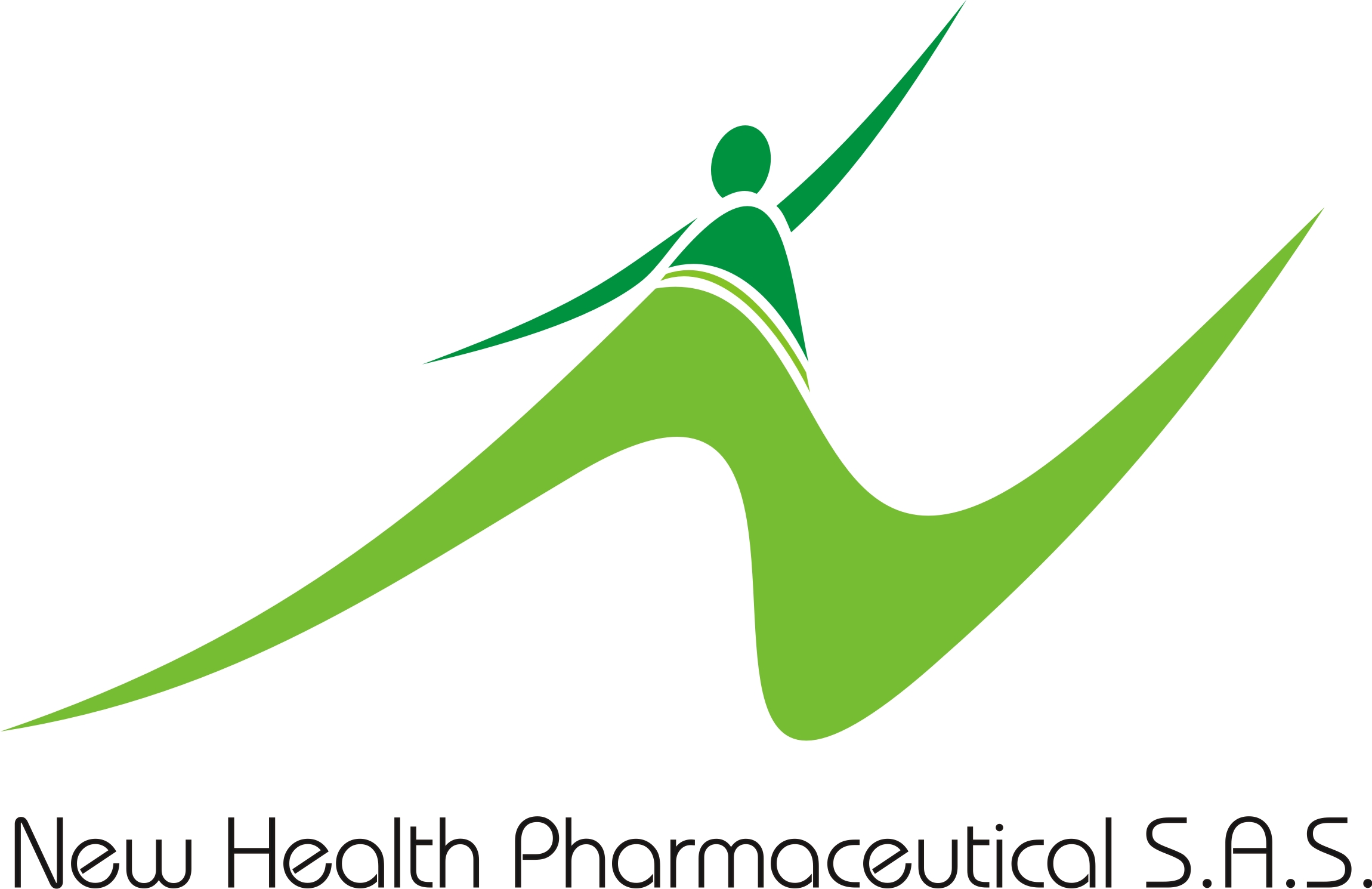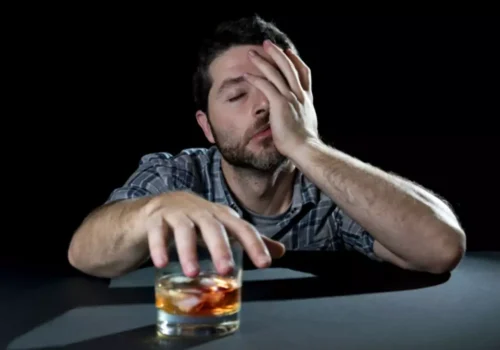
Drinking before bed messes with the stages of your sleep cycle meaning less quality sleep (and worse hangover), says an article published by the Sleep Foundation. ‘This growth and support hormone is released during the most restorative stage of sleep, known as REM. So if you miss out on this phase, it leads to reduced cell renewal and reduced stimulation of collagen,’ explains Dr Kevin Mun, chief scientific officer and co-founder of Venn Skincare. On top of that, if your liver is failing to function properly, it can make your skin look dull and cause pigmentation around your eyes.
Does Alcohol Dehydrate Skin?
Alternating alcoholic drinks with water or other non-alcoholic beverages can also help maintain hydration levels. Remember, the more you drink, the more dehydrated you’ll get. Alcohol is a diuretic, meaning it causes your body to produce more urine, leading to a loss of fluids and electrolytes. While a drink may feel refreshing, it is actually pulling water from your system rather than replenishing it.
Avoid sugary and caffeinated drinks:
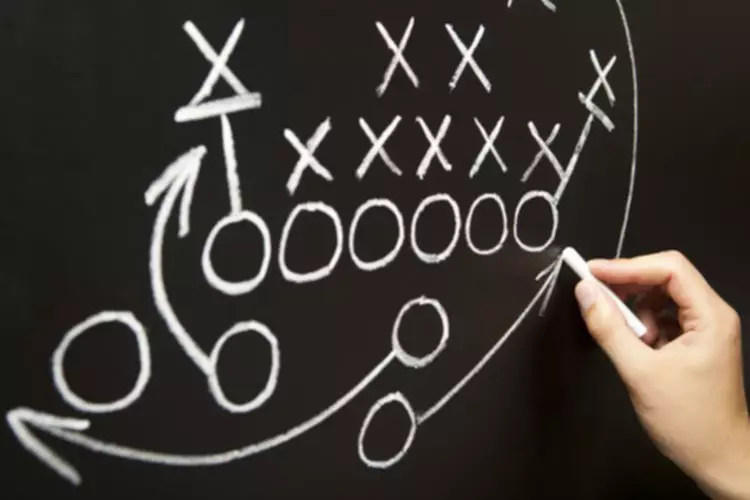
But prolific pee production isn’t the only way alcohol dehydrates you. Alcohol delays stomach emptying, which can cause vomiting, a sure way to become dehydrated 1. Drinking after a nutrient-dense meal of healthy carbohydrates, protein, fiber, and fats provides more of a “slow release” effect. Because the antidiuretic effects kick in more slowly, you are less likely to experience dehydration. But while we know these lucky people exist, scientists have no idea why this is the case, nor can they find any appreciable difference between these people and the general population.
Make sure you’re hydrated before you start drinking
- Many people are also affected by the most common symptom of headache and sensitivity to light and sound, with others reporting anxiety, irritability, sweating and increased blood pressure.
- However, water might build up in other areas as our body tries to hold onto the fluids it has.
- Signs of dehydration include dry mouth, fatigue, dizziness, dark urine, and a rapid heartbeat.
- And if you need help with that, I’ve included some resources at the end of this article, including a quiz to help you assess your current drinking habits.
- When you don’t get a full night’s sleep, you don’t go through as many sleep cycles, so the hormone somatropin doesn’t spike like it should.
- Although we can’t fully prevent dehydration that accompanies drinking alcohol, we can take steps to help our body process the alcohol and lessen the effects of dehydration.
Dehydration occurs when the body does not have heroin addiction sufficient amounts of fluid to function effectively. Alcohol has a dehydrating effect on the body, especially when a person consumes it in large quantities. Euphoria, relaxation, and other physical and mental changes are the result of alcohol’s impact on your central nervous system. There is no “safe” level of alcohol in your bloodstream, but there is evidence that side effects increase alongside BAC. Drinking more than that—especially with an already damaged liver—can cause alcohol levels to build. The legal blood alcohol concentration limit in the United States is 0.08%.
Health Risks From Dehydration
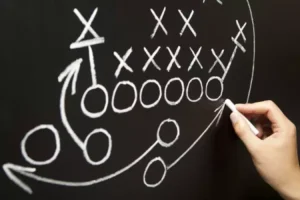
Consuming one beer leads to a 62% increase in urine produced compared to having a glass of water. However, replenishing lost electrolytes is equally important. Without adequate electrolyte levels, water can’t enter cells and tissues, leaving you at risk of dehydration despite drinking water.
Over time, mass mineral and electrolyte deficiencies can lead to rapid dehydration when alcohol enters the picture. A meal or snack can help restore some of the nutrients lost from dehydration while soaking up any alcohol still in your digestive tract. You’ll also want to include a quick dose of electrolytes, which work on a cellular level to carry much-needed fluids in and https://ecosoberhouse.com/ out of the cell.
Moderate Dehydration
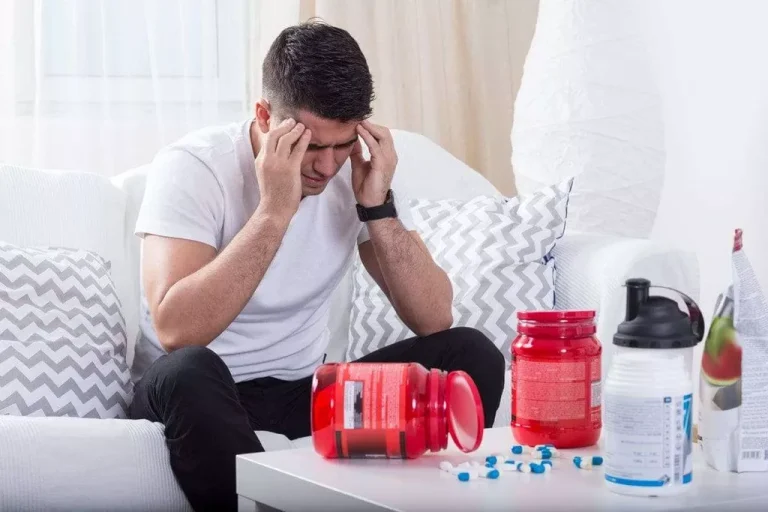
When you don’t adequately replace this excess loss of fluids, you become dehydrated. Alcohol works as a diuretic largely because it suppresses the release of a hormone called vasopressin, which is also known as antidiuretic hormone. With less vasopressin in your system, the body excretes more water, which in turn causes you to pee more (2). A diuretic is a substance that causes the body to produce more urine. You’ve no doubt noticed that when you drink, you have to pee more. Alcohol will dehydrate you, which has adverse effects both in the short and long term.
Blood Orange
- Additionally, I examine the way mental and physical health as well as our relationships with others impact the reasons people drink and their role in maintaining sobriety long-term.
- In addition, alcohol stops a hormone called ADH (Anti-Diuretic Hormone) from working effectively.
- As you drink alcohol, it accumulates in your body—especially if you drink large amounts at a fast pace.
- But it’s important to note that many alcoholic beverages exceed those concentrations.
This means you’re more likely to drown or make careless decisions – even without high levels of alcohol in your blood. If consistent hangovers are becoming an issue, it is important to take a look at the drinking habits that encourage the ill after-effects of drinking too much alcohol. And always consult a healthcare professional if hangover symptoms persist or worsen, as individual responses can vary. The high levels does alcohol hydrate you of salt and sugar content in your alcoholic beverage, may trigger the hormone IGF-1, which causes an over-production of oil in your skin.
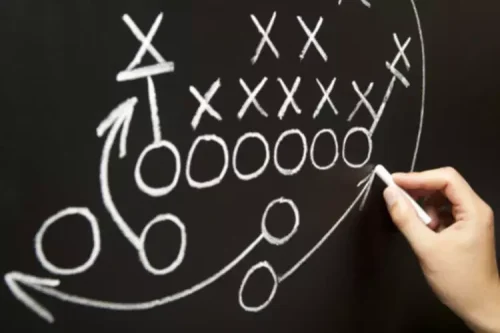
The same 2016 study from the American Journal of Clinical Nutrition found that milk was more hydrating than water, sports drinks, coffee, tea, and a handful of other common beverages 6. Drinks that contained electrolytes—milk and oral rehydration solutions, for example—were more hydrating after two hours compared to water. 6 In other words, subjects peed less relative to their fluid intake two hours after consuming these drinks compared to water. That splitting headache you wake up with after a fun night of drinking might not be entirely due to dehydration. Some people may react to the tannins in wine, while others are sensitive to ethanol, the chemical found in alcohol that causes vasodilation, or the dilation of blood vessels. In high-altitude areas, people tend to get drunk faster, too.
